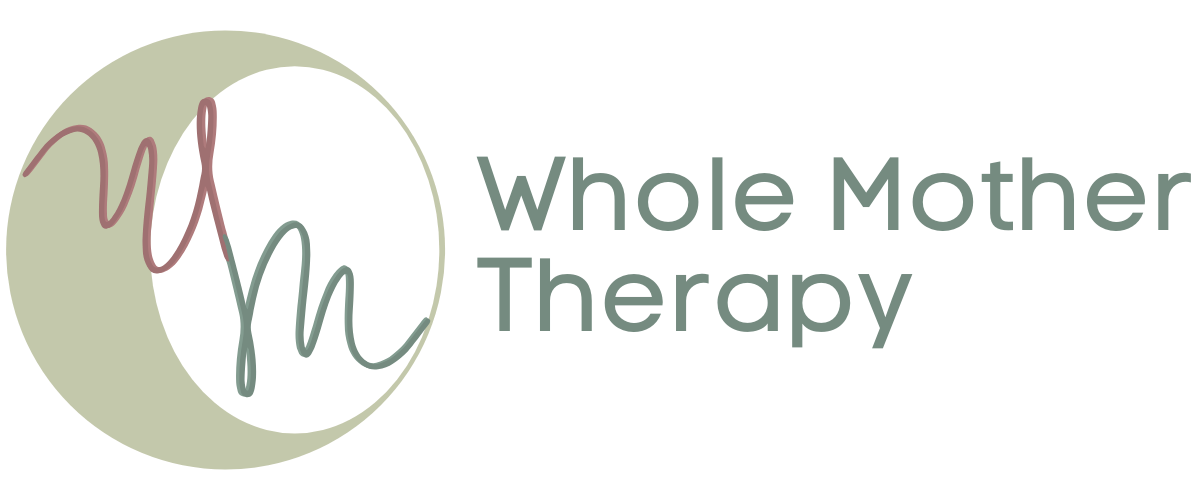Treating the Grief of Motherhood With Reverence
“From pregnancy to birth and beyond, surrender paves the path of motherhood. Conception cannot be willed, and birth plans must be relinquished to make way for new life, however it chooses to emerge. You cannot control the outcome of this miraculous unfolding. The river of life has its course. It is futile to defy and exhausting to swim upstream. If you are drowning in struggle or disappointment, consider what keeps you from riding the current. River teaches us to heal ourselves by bowing to things as they are.”
I love this quote. It is such a beautiful description of how grief can manifest in our journey into motherhood. We don’t talk enough about grief in relation to pregnancy, birth, and postpartum. Grief is such a loaded word for so many people; it holds a connotation of loss, heaviness, tears, and depression. As a culture we like to overemphasize the positive aspects of an experience, especially when it comes to pregnancy, birth, and postpartum. As if by talking openly about the trials associated with these stages of life and beyond into parenthood we run the risk of ruining the fantasy all hopeful parents-to-be and birthing people have.
All too often when I ask my clients — especially my mom clients — how they are doing, there is this quick, dismissive response of “I’m fine” or “Good!” as if they are trying to convince themselves that if they keep repeating this mantra everything will be okay. The problem with this is that it dismisses the reality of our experience. The truth is, life is messy. This is true even before pregnancy, birth, and postpartum. Navigating relationships, family dynamics, work, expectations, dreams, and desires is full of challenges and disappointments. But we are taught to power through, to ignore the signs of a need to slow down and pause to process our emotions. The thing is, even when we do power through, it’s not as if any of this goes away. It just gets layered on top of our personal experience of pregnancy, birth, and postpartum.
Most of us go into motherhood with expectations and desires for how our pregnancy, birth, and postpartum will look and feel, for the type of mothers and parents we plan to be. So when we come face-to-face with the unexpected challenges every woman confronts during pregnancy, birth, and postpartum, there is a disconnect between the fantasy and the lived experience. For most people it’s hard to navigate this disconnect, to process the reality of what we are experiencing versus the fantasy of what we thought it would be like. For example, unless there is a known predisposition or genetic history of complications in our family, most birthing people who intentionally get pregnant do so with the expectation that everything will go smoothly. Most birthing people also have a vision of how our birth experience will go, and very rarely does that vision line up with the reality of our experience. As for postpartum, there is no real way to prepare for any ordeals you confront and need to process.
Grief is about surrender and letting go
When it comes to the incongruity of our experience vs. fantasy, it’s about letting ourselves feel the emotions associated with the thoughts of heaviness. Grief is a natural reaction to loss that needs to be acknowledged and tended to, otherwise it can fester and develop into depression. Simply put, depression is the stagnation of emotions. It develops when we don’t allow ourselves the space and time to acknowledge uncomfortable thoughts and emotions, and process them. So they get pushed down into the dark recesses of our psyche and fester, manifesting as depression. The thing is, the journey of motherhood — of parenthood, really — is fraught with hard emotions. It is a profoundly transformative experience, regardless of whether we are a birthing person or come into parenthood/mothering through surrogacy, adoption, or marriage. Each of these presents unique ordeals that must be processed and transmuted.
What if we treated grief with sacred reverence?
What if we created the space needed to actually feel the tears and heartache, the heartbreak and fears? What if we challenged the dominant narrative that there is not enough time for our emotions, which translates to not enough time for ourselves, and created the time and space to be with the grief that is asking to be met? What if we allowed our tears to cleanse and soothe the wounds of our heart?
Grief needs a quiet, soft place to feel safe enough to flow freely.
As moms, we can find it incredibly challenging to create a space that offers this. That’s part of why working with an experienced therapist is so wonderful. It is a space carved out specifically for you to be with yourself and whatever is arising. That said, I believe it’s also important to show our little ones our humanness, which means embodying our emotions. This models for them that feelings are not only okay to feel but important, as well.
Offering a safe space for your grief
I offer that by creating a sacred container that holds us in all our complexity we are then able to move through the difficult emotions. We open up space to be more present to the reality of our experience and thus become the type of mothers and parents we wish to be. And in doing so, we model for our children a different way of being. One that acknowledges the sacred aspect of grief, demonstrates self-worth, and models what self-compassion and love look like in an embodied, lived way.
This is how we heal our depression. This is how we heal our intergenerational trauma. This is how we heal our collective trauma. This is how we foster and tend to a new generation of humans.
Let’s talk.
We would love to connect with you.

